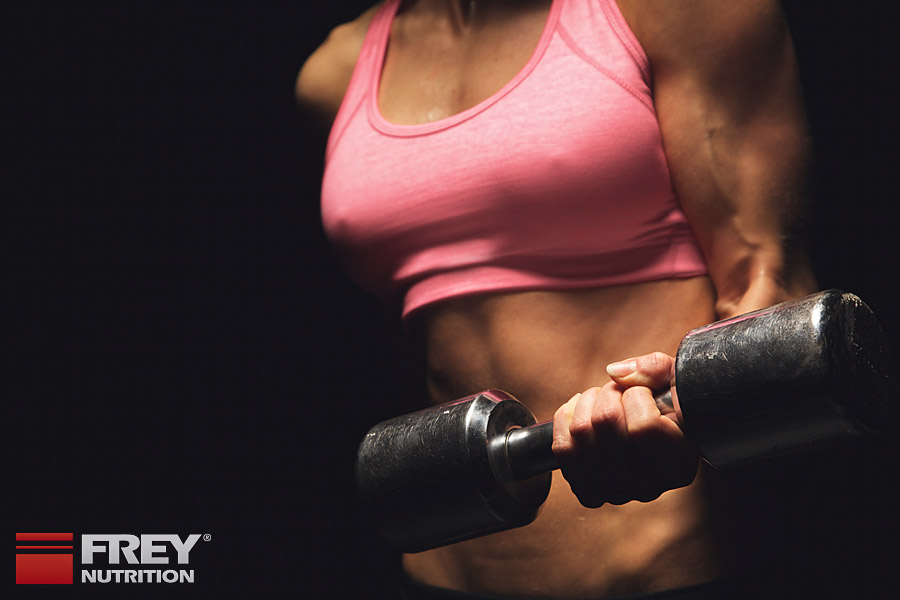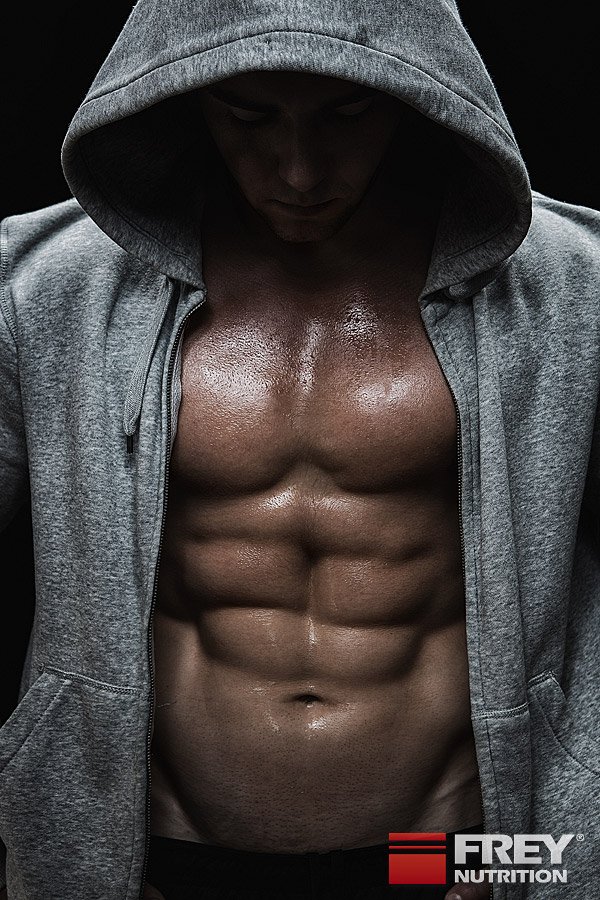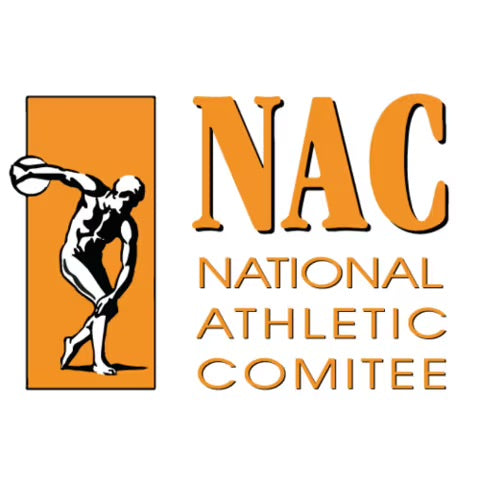WHEN IS IT MOST SENSITIVE TO TAKING GLUTAMINE?
The process of building muscle takes place in two phases: First, training triggers protein breakdown in the muscle. A sufficient regeneration phase and appropriate nutrition then lead to muscle building beyond the initial level (so-called supercompensation). The training stimulus causes the muscle to see the need to become stronger in order to be prepared with more muscle mass for the next strain, i.e. the training stimulus.
A SUBSTANCE THAT IS OF CRUCIAL IMPORTANCE IN THE REGENERATION PHASE AFTER TRAINING IS AMINO ACID GLUTAMINE .
According to studies, it can REGENERATION PROCESSES AND PROTEIN SYNTHESIS in the trained muscle. The research group around Boza JJ. et al. found that in rats in which muscle breakdown was artificially induced using glucocorticoids (catabolic hormones of the adrenal cortex), protein synthesis was stimulated more when the animals were given glutamine in addition to their normal diet. Further studies are still pending to make the results clearly transferable to humans, but it is reasonable to assume this.
The administration of glucocorticoids and the resulting increased muscle breakdown is a situation that can also occur in athletes after hard and, above all, long training. After 50 to 60 minutes of training, the levels of these stress hormones rise relatively significantly, so that the conditions of this study can certainly be compared to those of an athlete after more than 60 minutes of training.
Also interesting: Glutamine was most effective in this study when administered in conjunction with a lactalbumin-based protein (whey protein) and short-chain carbohydrates. Applied to the athlete's practice, these results mean that the intake of
5-15G L-GLUTAMINE WITH 40G WHEY PROTEIN AND 80G MALTODEXTRIN
in water directly after training is useful.








